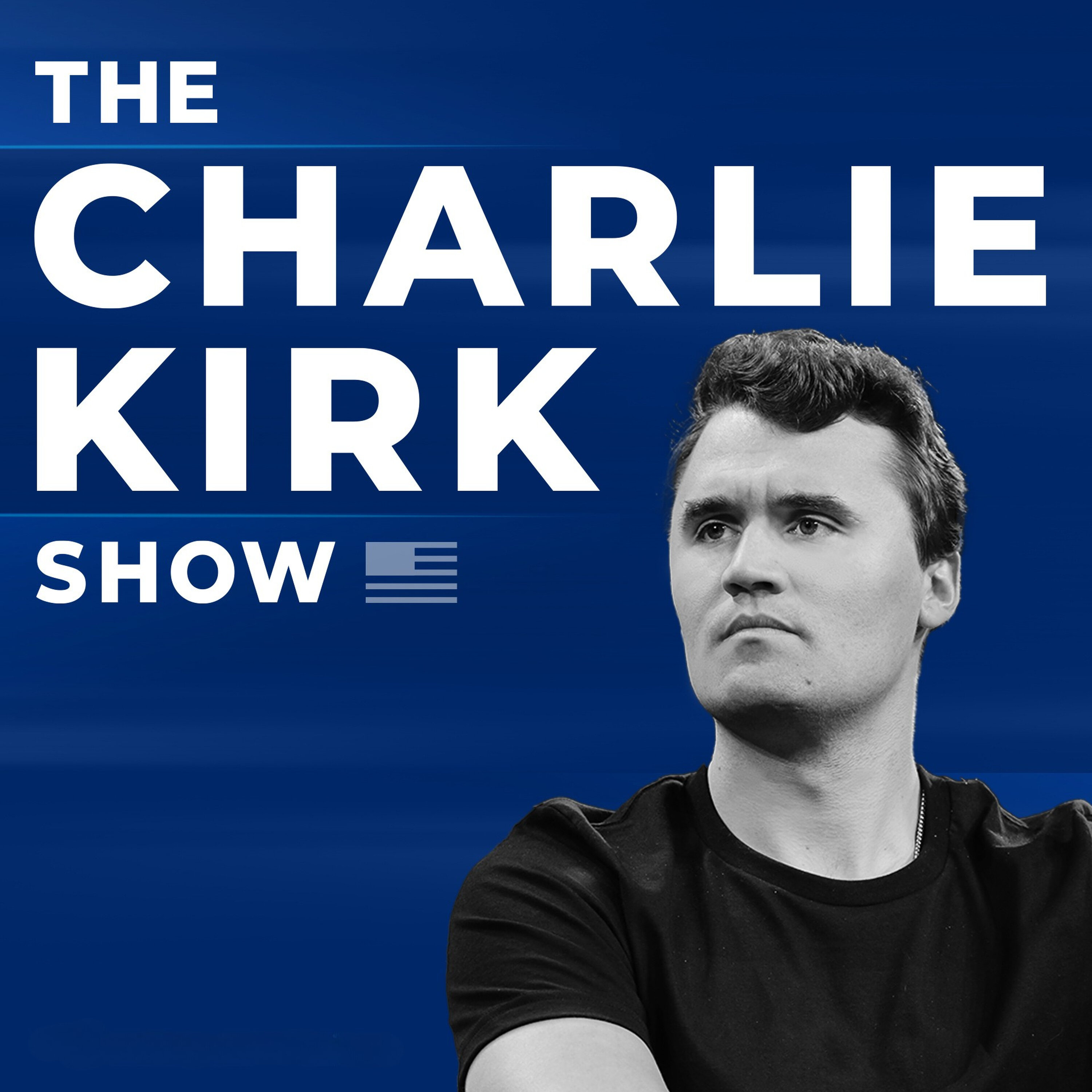Fed’s Vice Chair Open to Rate Cuts At Next Meeting
Charlie Kirk Staff
06/23/2025

Federal Reserve Vice Chair for Supervision Michelle Bowman, recently appointed by President Trump as the central bank’s top banking regulator, said Monday that the time to cut interest rates may be approaching.
She expressed increasing concern about risks to the job market while showing less worry that tariffs will drive inflation.
“It is time to consider adjusting the policy rate,” Bowman said in the text of remarks to be delivered before a gathering held in Prague, Czech Republic.
Bowman indicated that inflation seems to be consistently returning to 2%, and she anticipates “only minimal impact” on inflation from trade policies.
“Should inflation pressures remain contained, I would support lowering the policy rate as soon as our next meeting in order to bring it closer to its neutral setting and to sustain a healthy labor market,” Bowman said, per Reuters.
Last week, the Federal Reserve held a meeting where it kept its overnight target interest rate range steady at 4.25% to 4.5% after cutting rates twice during the final months of Joe Biden’s presidency — when inflation and economic numbers were worse.
Officials maintained a cautious, wait-and-see approach due to significant economic uncertainty stemming from President Donald Trump’s unpredictable trade policies, Reuters said. Fed officials expressed concern that rising import tariffs could slow economic growth while reigniting inflationary pressures that had previously been easing, but that doesn’t seem to be happening.
In her speech, Bowman expressed support for the Federal Reserve’s decision to maintain current rates but indicated a more optimistic economic outlook, noting that greater clarity is emerging. She signaled openness to cutting rates, a stance shared by Fed Governor Christopher Waller, who stated in a television interview Friday that he would also consider a rate cut at the July 29-30 meeting.
Waller is widely regarded as a leading candidate to succeed Fed Chair Jerome Powell when his term ends next year.
Bowman remarked that the job market remains strong, but she is increasingly concerned about future challenges in the sector, which informs her dovish views on monetary policy.
“We should also recognize that downside risks to our employment mandate could soon become more salient, given recent softness in spending and signs of fragility in the labor market,” Bowman said.
Latest News

Trump Demands End to Cashless Bail, Blames Policy for Surge In Crime and Attacks On Police

Second Illegal Immigrant Suspect In CBP Officer Shooting Had Multiple Prior Arrests: DHS

ICE Removes Six Criminal Foreign Nationals In Buffalo Sweep Targeting Violent Offenders

 Member
Member














